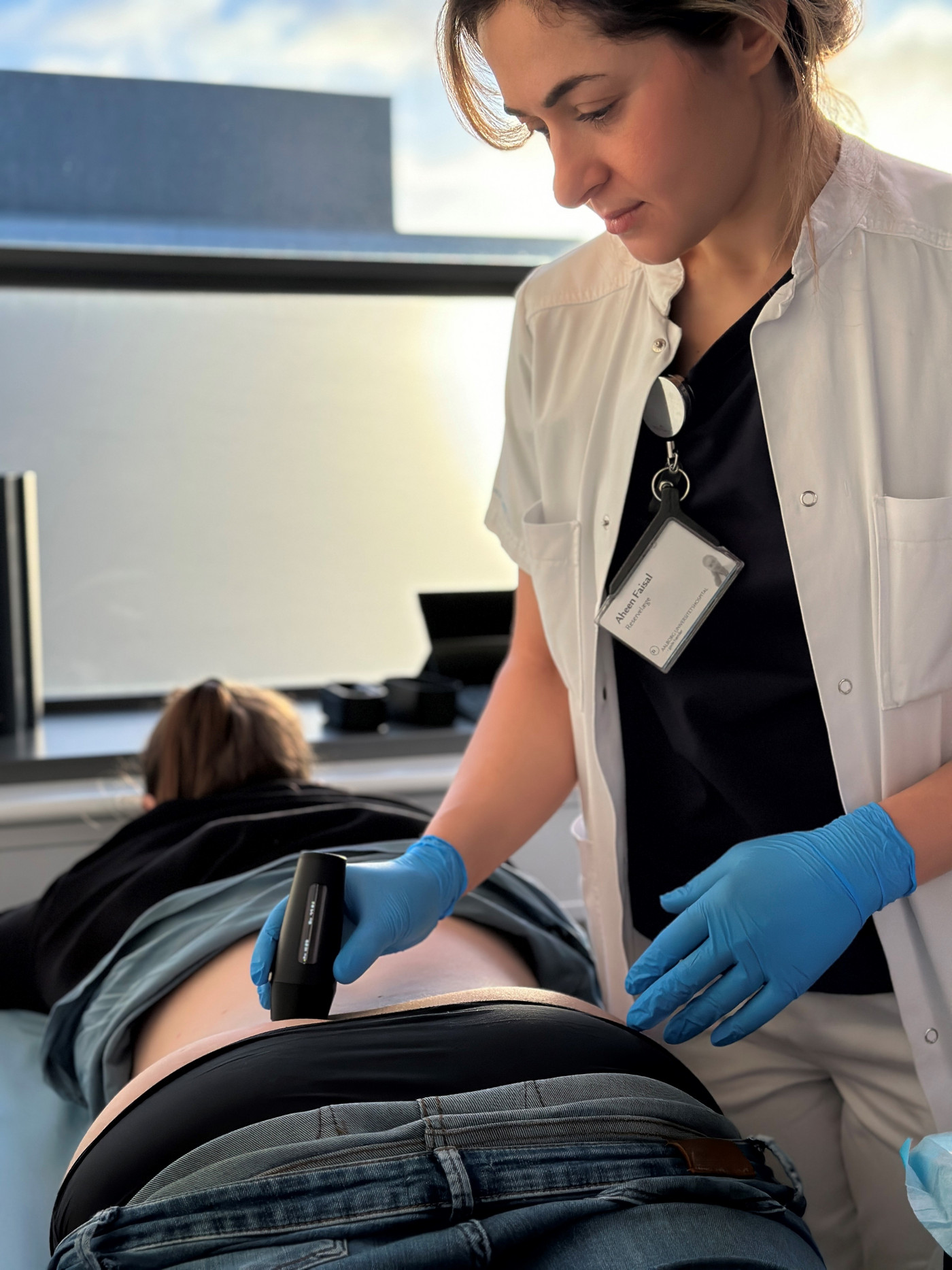Systemic photoprotection in organ transplant recipients
The incidence of keratinocyte-derived carcinomas is surging globally. It is a well-established fact that sunlight triggers DNA damage, a precursor to skin cancer. Nonetheless, current local and physical protective measures are underutilized. Hence, there is a pressing need to explore alternative avenues for photoprotection. The project draws on insight gained from PhD student Celina Pihl's research on photoprotection in a preclinical skin cancer model using mice.
Within this PhD project, the historical usage of systemic agents as a means of photoprotection for immunocompromised patients (organ transplant recipients) is looked into. A thorough examination is performed through the collection of data from international databases as part of a systematic review. The research is subsequently cross-referenced with the above-mentioned preclinical skin cancer model. Following this, the efficacy of systemic photoprotection is assessed in both a healthy control group and an immunocompromised patient cohort.
The objective of the research is to enhance the prevention and treatment of keratinocyte-derived skin cancer, and to translate the findings into clinical applications for the betterment of individuals afflicted by skin cancer.

Researcher
Aheen Faisal, MD and PhD student
Project supervisors
Stine Regin Wiegell, Specialist in Dermatology, Associate Professor
Merete Hædersdal, Professor, Chief Physician, DMSc, PhD
Peter Bjerring, Professor, Chief Physician, DMSc
Project period
2022-2025
Financing
Aalborg University
The Danish Research Center for Skin Cancer